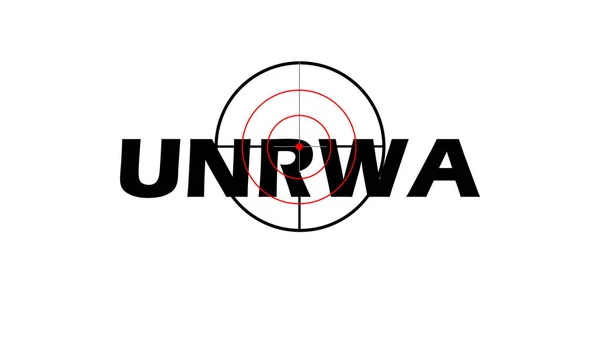The United Nations Secretary-General, Antonio Guterres, made a pressing call for countries to resume their support for the primary agency providing aid in Gaza.
This appeal comes in the wake of allegations against twelve of its staff members, who were accused of participating in a Hamas attack on Israel, sparking the war four months ago.
Read More: Antisemitic acts increase sharply in Belgium and France following Israel-Hamas conflict
Guterres calls for action against misconduct in UNRWA
Guterres emphasized the severity of the situation, stating, “The abhorrent alleged acts of these staff members must have consequences.”

However, he also defended the majority of the UNRWA staff, working under challenging conditions and the need to continue serving the desperate populations in Gaza.
Guterres detailed that nine out of the twelve accused employees were terminated, one confirmed deceased, and two still under identification, ensuring accountability, including potential criminal prosecution.
UNRWA’s critical role in supporting Palestinian refugees at risk
The United Nations Relief and Works Agency for Palestine Refugees in the Near East (UNRWA) plays a vital role in providing essential services, including medical care and education, to Palestinian families displaced during the 1948 war.
With about 6 million refugees and descendants, the agency’s operations are crucial in Gaza, where they constitute the majority.
During the recent conflict, UNRWA’s shelters housed hundreds of thousands of displaced people. UNRWA Commissioner-General Philippe Lazzarini warned that the agency’s lifeline services risk collapsing due to suspended funding.
Funding crisis and humanitarian impact
The financial support crisis, ignited by the staff allegations, led the United States and other key donors, such as Britain, Germany, and Italy, to cut funding.
These countries collectively contributed nearly 60% of UNRWA’s budget in 2022.
Guterres warned of the impending scale-back of aid to over 2 million Palestinians in Gaza as early as February, highlighting the territory’s severe humanitarian crisis.
Deadliest Israeli-Palestinian conflict leads to widespread casualties
The ongoing Israeli-Palestinian conflict, described as the deadliest in history, has seen more than 26,000 Palestinian casualties and vast destruction in Gaza.
The Hamas attack on Israel on October 7 was a significant trigger, resulting in around 1,200 deaths and the capture of approximately 250 hostages.
The conflict has contributed to regional instability and humanitarian crises, with disruptions in aid delivery due to fighting and Israeli restrictions.
Also Read: United Auto Workers endorses Biden for his commitment to American Workers
U.S. nears cease-fire agreement in Israeli-Palestinian conflict
In the backdrop of these challenges, U.S. officials indicated that negotiators are nearing a cease-fire agreement, potentially halting hostilities for two months.
The proposed deal involves the release of over 100 hostages by Hamas and a temporary pause in Israeli military operations.
The first phase of this agreement might see the release of women, elderly, and wounded hostages.
Israeli Prime Minister Benjamin Netanyahu, facing plummeting popularity and protests demanding new elections, has vowed to continue the war until a “complete victory” over Hamas.
Netanyahu confronts protests and international court ruling on Gaza conflict
He criticized the mass protests and cease-fire demands, arguing that they strengthened Hamas’s position. Netanyahu’s leaked remarks against Qatar’s mediation efforts add another layer of complexity to the negotiations.
The International Court of Justice ruled that Israel must limit destruction in Gaza and facilitate humanitarian aid, although it stopped short of ordering a cease-fire.
The ruling, partially a rebuke of Israel’s war conduct, comes from a case alleging genocide, which Israel vehemently denies.
Gaza aid distribution hindered by conflict, protests, and checkpoint delays
Aid distribution in Gaza faces severe challenges due to the fighting and delays at Israeli checkpoints.
Recent protests at the Kerem Shalom crossing by families of hostages and their supporters have exacerbated the situation, leading to military intervention to ensure the crossing’s functionality.
The United States continues to call for restraint and increased humanitarian aid while supporting Israel’s offensive.
Diplomatic efforts intensify amidst Israeli-Palestinian conflict
High-level discussions involving CIA Director Bill Burns, Israel’s Mossad, and leaders from Qatar and Egypt indicate ongoing diplomatic efforts to navigate the complex geopolitical situation.
As the conflict continues, the role of UNRWA and the international community remains pivotal in addressing the humanitarian crisis in Gaza.

The evolving dynamics of the Israeli-Palestinian conflict, the cease-fire negotiations, and the international response will be crucial in shaping the region’s future.
Read Next: Boeing 757 loses nose wheel moments before takeoff in Atlanta
